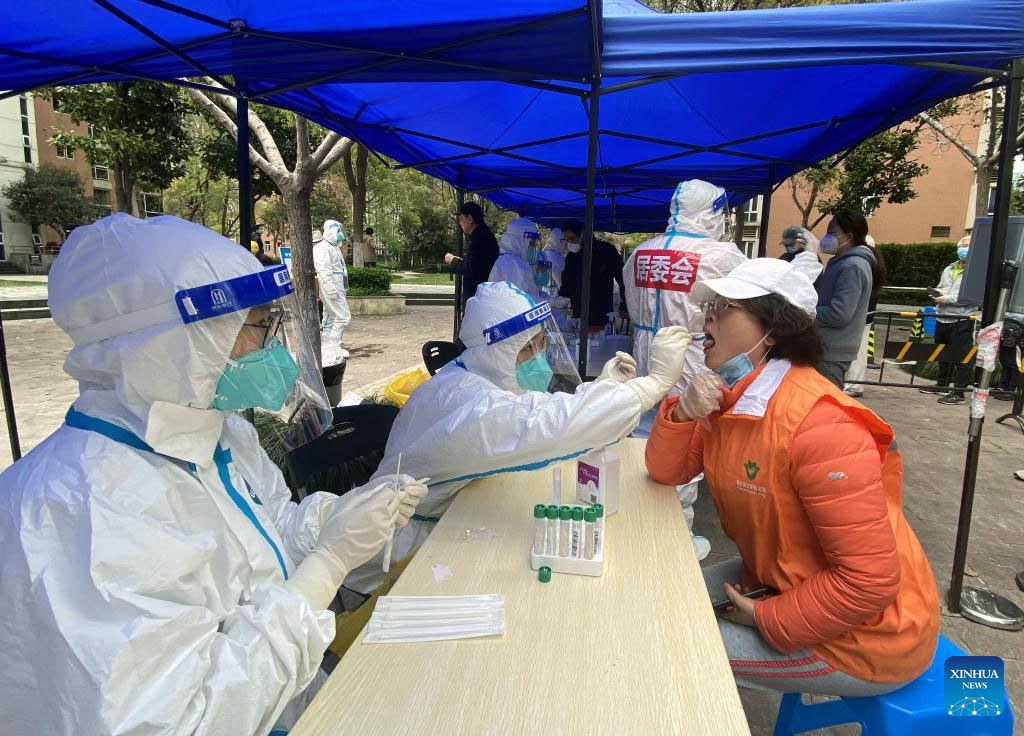Mr. Krugman, you may feel more comfortable with economics

Paul Krugman’s recent New York Times column somewhat betrayed his distraction from his job as an experienced economist, probably thanks to his reading of Ukraine news for 13 hours a day.
In his column cursing China, he declared the world’s most populous country is “now experiencing a disastrous failure of its Covid policy.”
Krugman’s argument accidentally offered a negative proof of logic. He admitted, “I know that in the West we’re all supposed to be over Covid, although it is still killing 1,200 Americans a day and infections are surging again in Europe, probably presaging another surge here.” But the American economist was short of commenting on the tragic situation in his own country; instead, he rushed to bash China, citing that Hong Kong is experiencing hundreds of deaths a day, a catastrophe reminiscent of early 2020 in New York; Shenzhen is back under lockdown. “It is not at all clear when or how China’s new health crisis will end,” he wrote.
I even tried to draw a mind map to understand his conclusion: “All of this represents a huge reversal of fortune.” Why didn’t the scholar save a bit more time from his heavy reading of Ukraine to find out life in Shenzhen returned to normal after simply one week.
The confusion of logic continues. Krugman argues that China’s vaccines are not effective enough, vaccination rates among Chinese elderly have lagged, and Omicron is more contagious - so China should abandon its “zero-Covid” policy. Did he really believe more lives could be saved by letting the virus run rampant and lifting necessary restrictions?
Krugman ignored another key point. China’s guideline is to put life first, not as to be oversimplified by some Western opinions as misleading “zero-Covid.” China has spared no efforts to eliminate the pandemic sooner and better. In February, the Wall Street Journal concluded that China had achieved two goals: minimizing the death toll and economic disruption, which is of reference to other countries. I bet Krugman would disagree with the rival newspaper in the same town, confusing himself between China’s “life-first” idea and the Western-defined “zero-Covid” policy.
Krugman spent more strength in discussing China politics, another field he is hardly good at. All sorts of “isms” pop up in his discourse, from nationalism to Western triumphalism. Oh, I almost forgot, he cited the term “open society,” reminding me of the research of Karl Popper.
Although Krugman failed in his prediction in 2013 that “China’s economy would hit the wall,” his economics textbooks sell well in China.
He should be more prudent in predicting something out of his expertise, such as epidemiology and public health. It is at least too soon for him to conclude that “the American system is better” in fighting the pandemic.
Quite a few winter Olympians to Beijing testified that staying in China is much safer than in the rest of the world. Does it also mean a failure of China, Mr. Krugman?